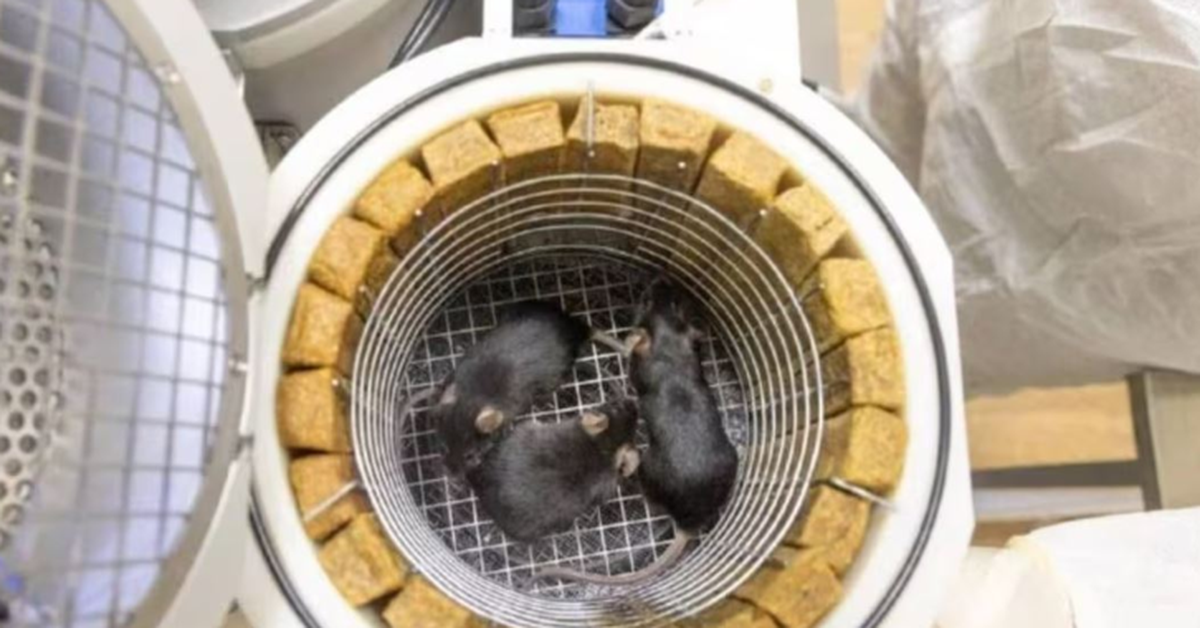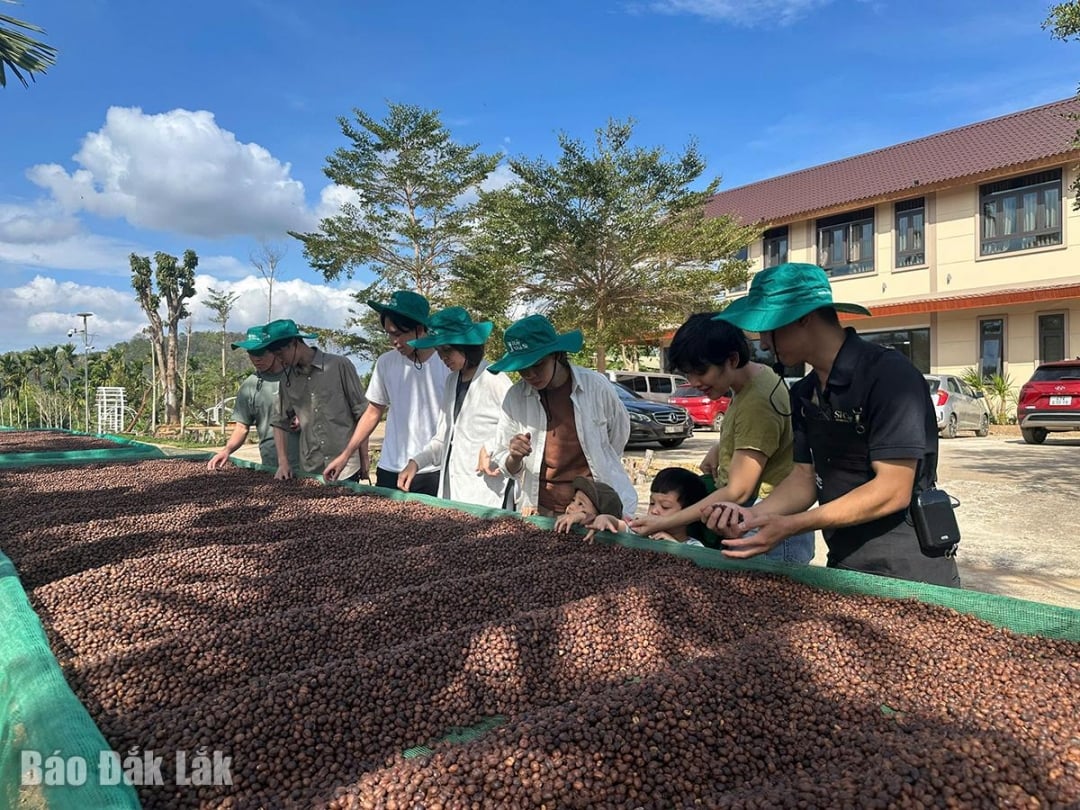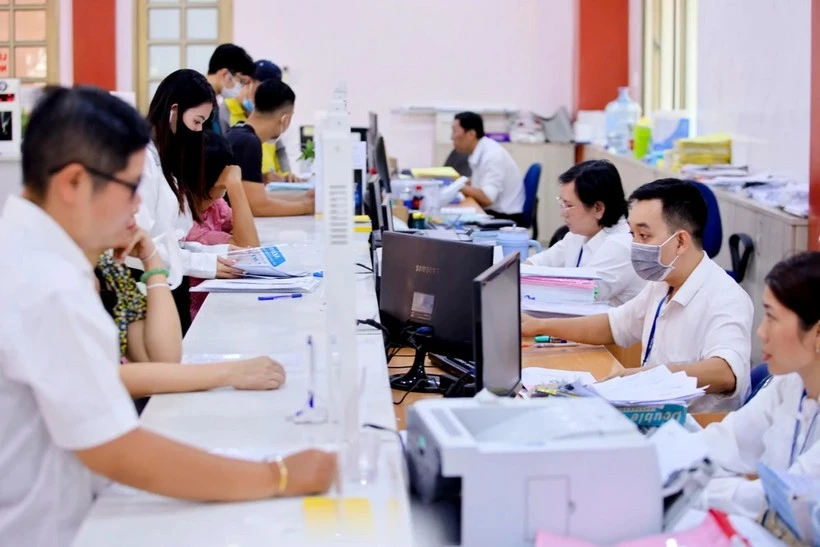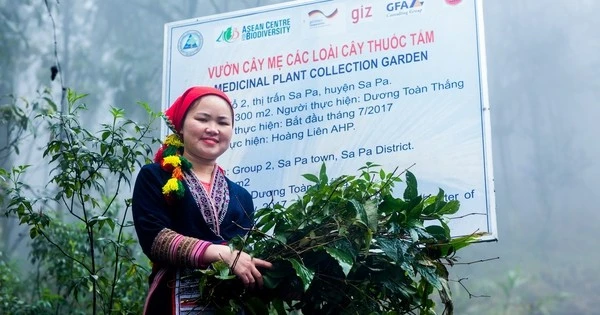
Traditional chemical pesticides aim to inhibit and kill pathogens. Often, these are substances that can have adverse effects on the plants themselves. They also pollute the environment and are toxic to humans. Therefore, there is a growing need to create biopesticides that are safer for the environment and plants, and that can not only fight pathogens but also enhance the natural immunity of plants.
“Many of these drugs are currently being developed so that they can form complexes with other useful substances, for example, growth stimulants, which not only kill pathogens, but also stimulate higher crop yields. At the same time, it is important that they are as effective as traditional plant protection products,” said Andrey Shcherban, a leading researcher at the Institute of Cytology and Genetics, Siberian Branch of the Russian Academy of Sciences, who is testing the effectiveness of Novokhizol, a pesticide developed by scientists at the N. Vorozhtsov Institute of Organic Chemistry, Siberian Branch of the Russian Academy of Sciences.
How to conduct the test
During the field study, scientists evaluated how insecticide treatment of a model plant (in this case wheat) at different stages of development affected the yield and disease resistance of the plant. At the same time, the combined effect of Novokhizol with lichen extracts, Siberian pine bark and others, which also have protective properties but are poorly soluble in water, making their use difficult, was studied.
"The study has shown that the use of Novokhizol in combination with other agents provides a synergistic effect. Now scientists have to choose the most optimal combinations that are effective, cost-effective and easy to produce," said the Institute of Cytology and Genetics of the Siberian Branch of the Russian Academy of Sciences.
At the same time, in laboratory studies, scientists have described a number of plant defense mechanisms that are activated by pesticide treatment. Specifically, Novokhizol increases the accumulation of special receptors on the surface of plant cells, which react with chitin in the fungal envelope and cause an immune response to the pathogen. Novokhizol also promotes the accumulation of hydrogen peroxide in infected tissues, thereby killing the fungus.
"The results of the study show that Novokhizol can be considered a promising means for plant protection. And understanding its mechanism of action opens up opportunities for creating more effective complex preparations based on it," the scientific institute noted.
Source: https://baolaocai.vn/cac-nha-khoa-hoc-nga-che-tao-thanh-cong-thuoc-tru-sau-sinh-hoc-the-he-moi-post649409.html






![[Photo] Prime Minister Pham Minh Chinh chairs the meeting of the Government Party Committee Standing Committee](https://vstatic.vietnam.vn/vietnam/resource/IMAGE/2025/8/23/8e94aa3d26424d1ab1528c3e4bbacc45)
![[Photo] General Secretary To Lam attends the 80th Anniversary of the Cultural Sector's Traditional Day](https://vstatic.vietnam.vn/vietnam/resource/IMAGE/2025/8/23/7a88e6b58502490aa153adf8f0eec2b2)





























































































Comment (0)